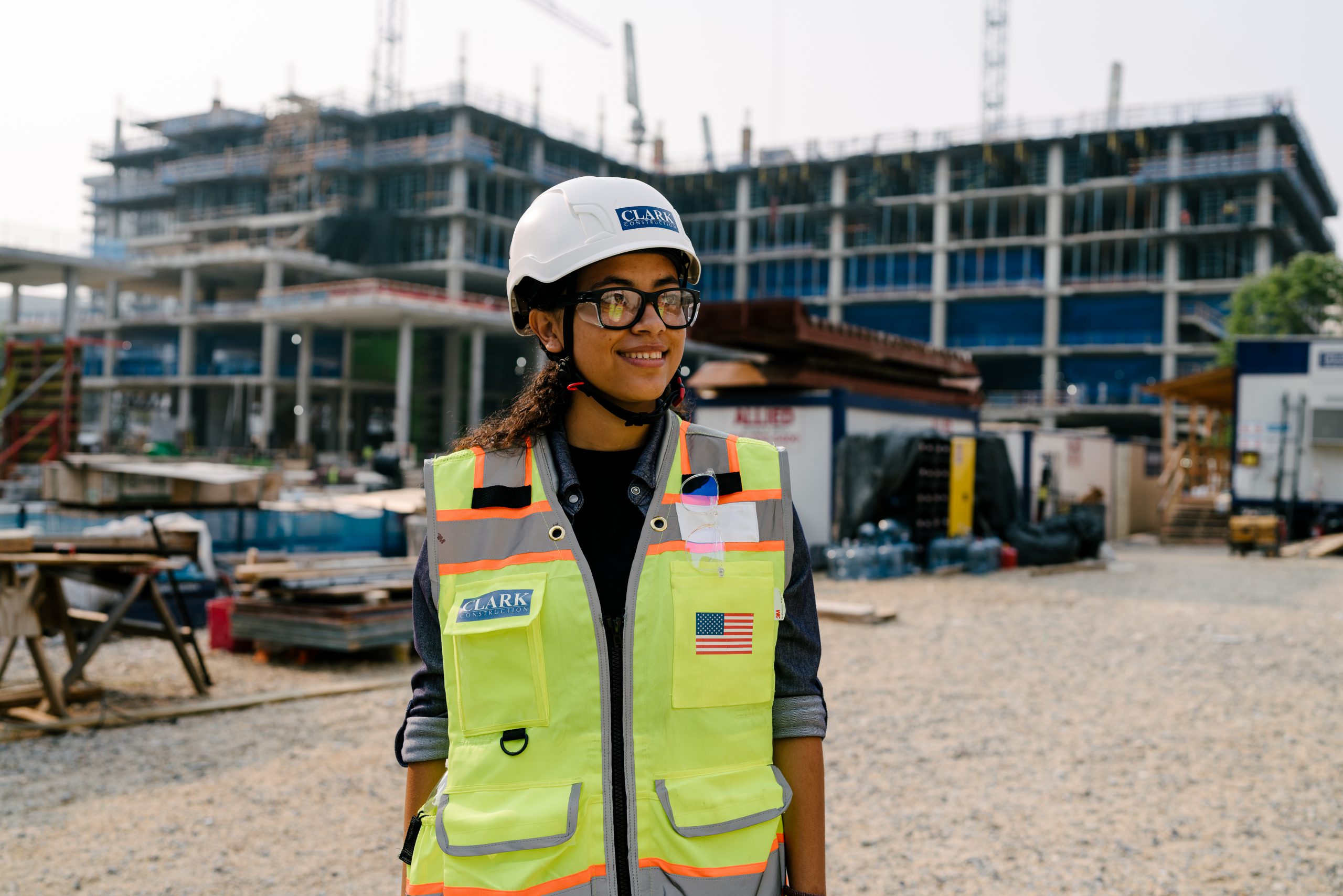High School Internship Program
Our signature High School Internship Program provides skills training, mentoring, and paid internships to high school seniors that keep them connected to school or the workforce.
How does the internship work?
Work Throughout Your Senior Year
Paid interns work part-time during the school year (Monday-Thursday for up to 12 hours per week) and full-time during the summer (Monday-Thursday for up to 32 hours per week).
Dedicated Support From Two Caring Adults
Each intern is assigned a dedicated Urban Alliance Internship Program Lead, as well as a one-on-one workplace mentor, who provide support to guide the intern's professional development and post-high school planning.
Professional Skills Development Workshops
Throughout their experience with Urban Alliance, interns work with our team on job and life skills. They complete approximately six weeks of pre-employment job skills training, which is followed by weekly post-high school planning as well as job and life skills workshops for the duration of their internship.
What can Urban Alliance do for high school seniors?
Urban Alliance's core High School Internship Program connects students with paid, professional internships, job skills training, one-on-one mentoring, and post-program support that lead toward economic success.
Early access to job training, networks, and opportunities can help students connect in any pathway-- college, career, or vocational training. Urban Alliance's uniquely comprehensive approach exposes interns to new professional pathways, removes barriers to success, ensures long-term connections to the workforce.
How do we know this program works?
Since 1996, Urban Alliance has partnered with over 500 businesses and 100 schools to provide over 6,000 young people with paid internships and another 21,000+ youth with professional development training. 100 percent of Urban Alliance students graduate from high school; over 90 percent are accepted to college. A further 80 percent of enrolled alumni persist to a second year in college, and 80 percent of all alumni are connected to a college, career, or career-training pathway one year post-program.

Leslie Hernandez
“Thanks to Urban Alliance, I was able to get introduced to sets of skills that are important for any individual to succeed in the professional work environment.”
Greater DC '21
Apply in Your Area
Baltimore Chicago Detroit Greater DC Region
An intensive, year-long experience featuring professional development training, paid internships, and one-on-one support.